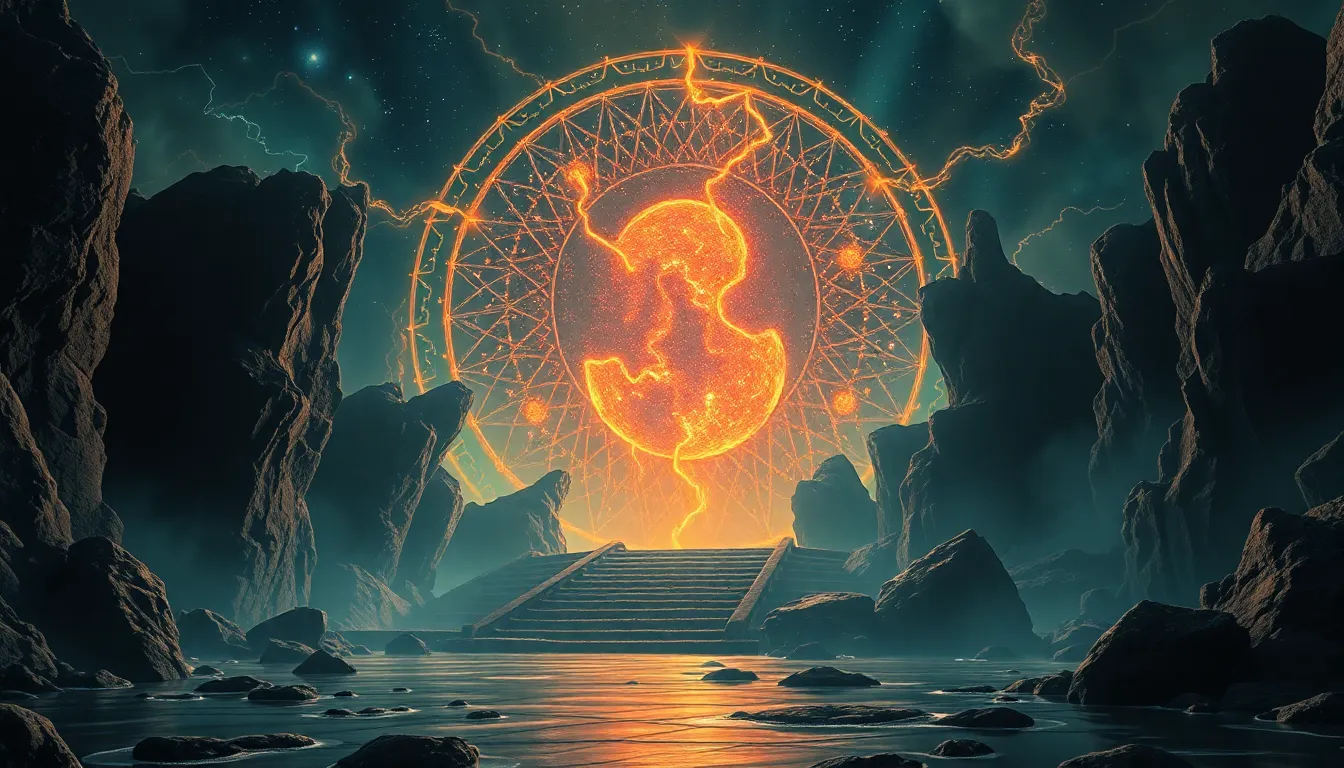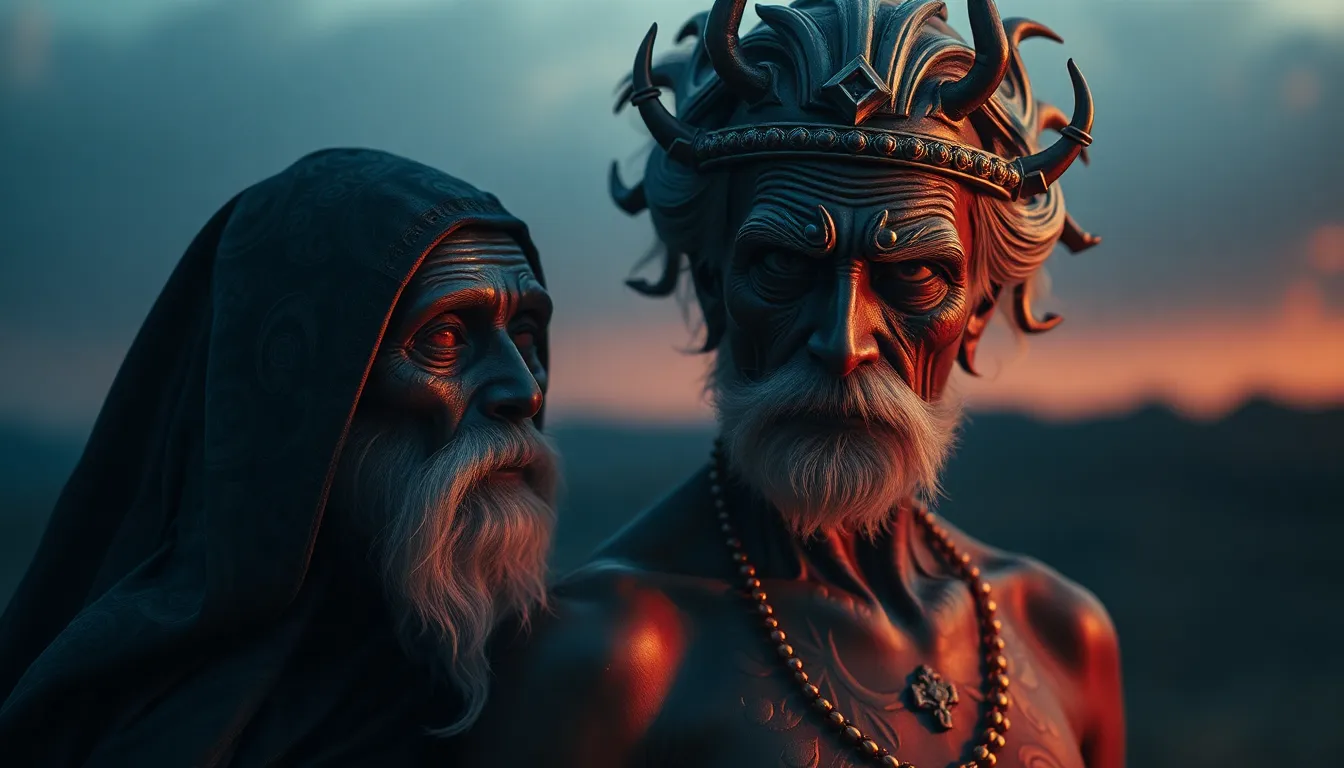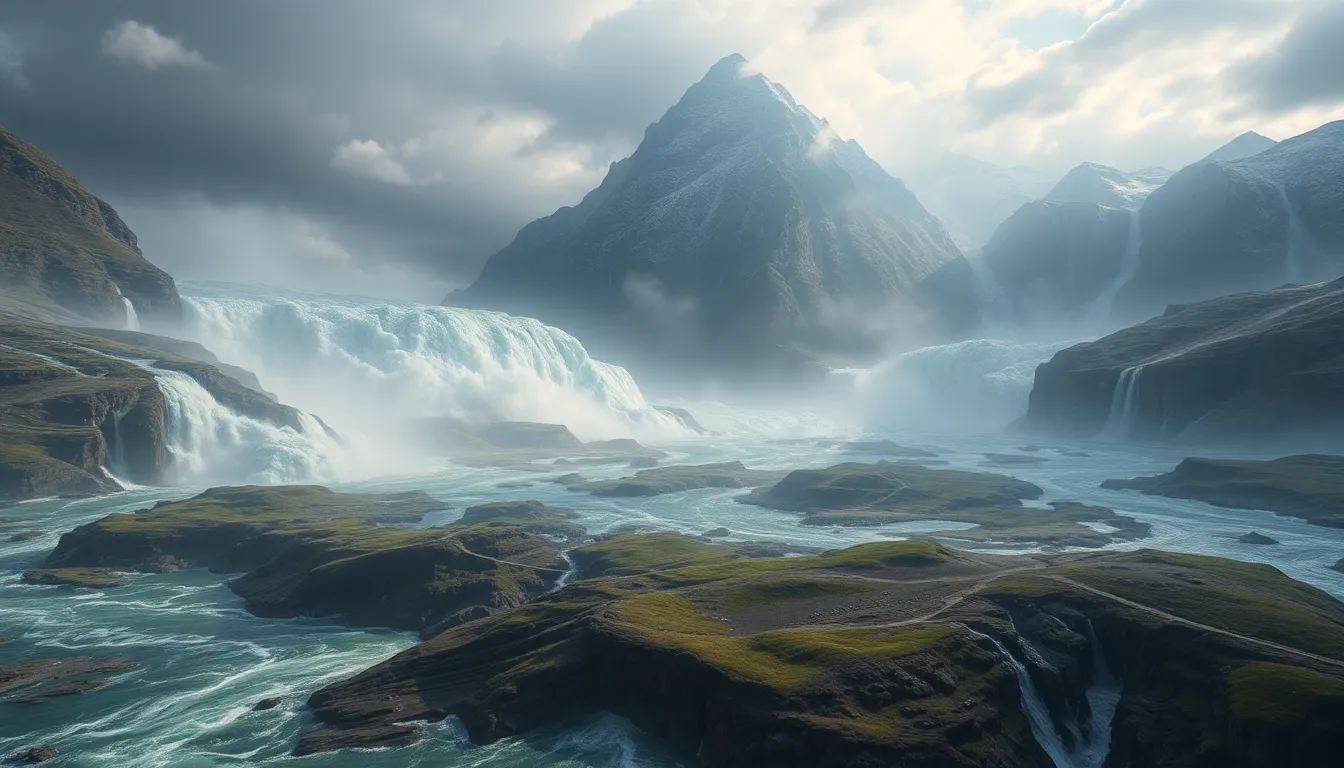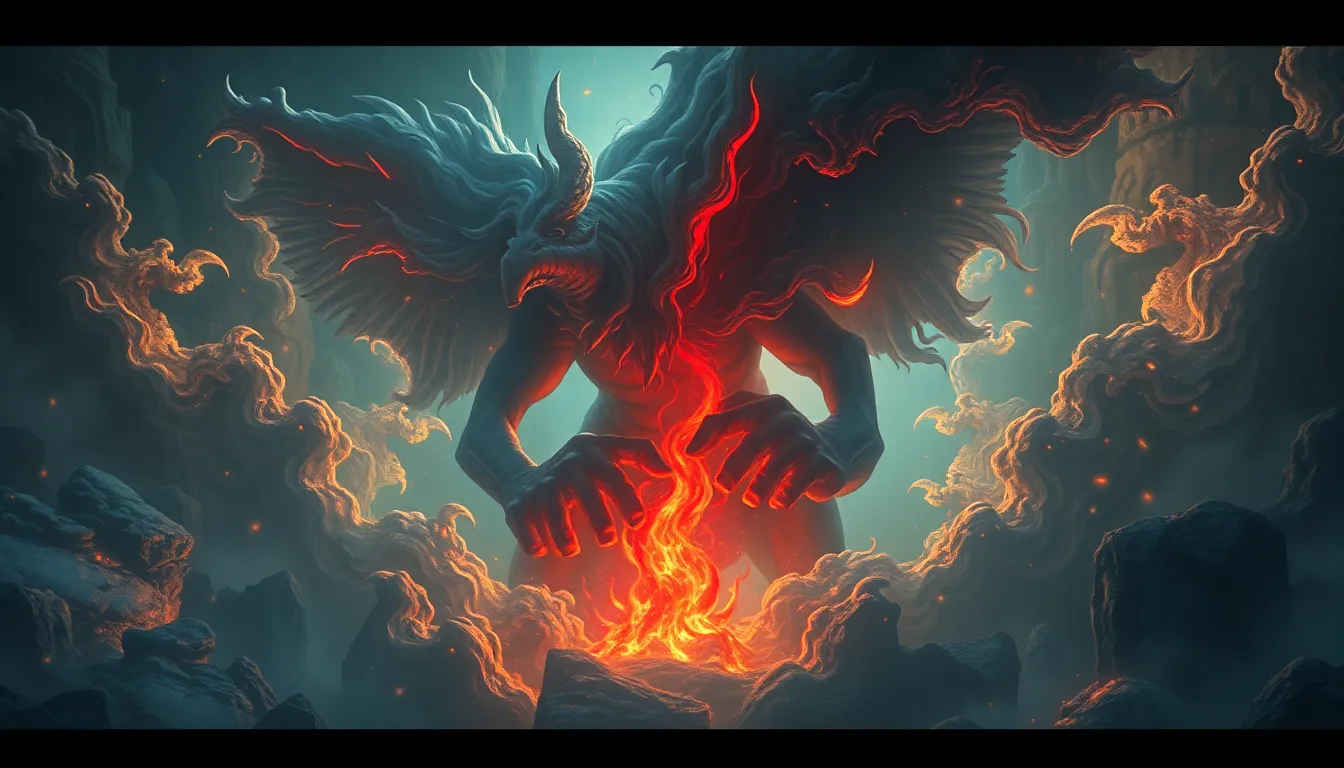Before Time Began: Exploring the World’s Most Intriguing Creation Myths
I. Introduction
Creation myths are narratives that explain the origins of the world, humanity, and the universe. They are foundational stories that serve to express the values, beliefs, and cultural identities of various societies. Creation myths not only provide a framework for understanding the cosmos but also connect people to their heritage and the natural world. In this article, we will explore a diverse array of creation myths from around the globe, examining their significance and the insights they offer into human understanding of existence.
II. The Role of Creation Myths in Human Culture
Creation myths play a crucial role in shaping human culture and societies. They offer explanations for fundamental questions about life, existence, and the universe.
- Understanding the purpose of myths in societies: Myths serve as a means of communication within cultures, conveying moral lessons and communal values.
- Myths as a reflection of cultural values and beliefs: They encapsulate the worldview of a society, illustrating what is held sacred and important.
- The psychological and social functions of creation myths: These narratives help individuals make sense of their lives and foster a sense of belonging within their communities.
III. The Cosmic Egg: Birth from Chaos
The concept of the cosmic egg is a recurring theme in various creation myths, representing the universe’s origin from chaos.
- Hindu Interpretation: In Hindu mythology, the universe is said to have emerged from the Hiranyagarbha, or golden womb, symbolizing the cosmic egg’s transformative power.
- Chinese Interpretation: In Chinese folklore, Pangu emerged from a cosmic egg, separating yin and yang to create the world.
- Greek Interpretation: The Orphic tradition describes a cosmic egg from which the god Eros hatched, initiating creation.
The symbolism of the egg in these narratives reflects themes of potential, duality, and the emergence of order from chaos.
IV. The Great Flood: Destruction and Rebirth
Flood myths are widespread across cultures, often symbolizing destruction followed by renewal.
- Common themes of flood myths: Many cultures share narratives where a great flood is sent by divine forces to cleanse the earth of corruption.
- Mesopotamian Epic of Gilgamesh: This ancient text recounts a flood story that parallels the Biblical account, highlighting the theme of survival and rebirth.
- Biblical Flood: In the story of Noah, humanity is given a second chance to live in accordance with divine will after the flood.
The significance of rebirth and renewal in these myths emphasizes the cyclical nature of existence and the hope for a fresh start after destruction.
V. Gaia and Uranus: The Greek Creation Story
The Greek creation myth featuring Gaia (Earth) and Uranus (Sky) is a cornerstone of ancient Greek mythology.
- Overview of the myth: Gaia, born from Chaos, gives birth to Uranus, who becomes the sky. Their union results in the Titans, who play a significant role in the development of the world.
- The role of primordial beings: The interaction between these primordial beings signifies the emergence of earth and sky, establishing a framework for subsequent generations of gods.
- Implications for Western thought: This myth has influenced philosophical and scientific discussions about the nature of existence and the relationship between the earth and the cosmos.
VI. The African Creation Myths: Diversity and Unity
African creation myths are incredibly diverse, showcasing a rich tapestry of cultural narratives.
- Dogon Myth: The Dogon people of Mali believe that the universe was created by a creator god who fashioned the stars and humanity.
- Zulu Myth: The Zulu creation story tells of Unkulunkulu, the first man who emerged from the reeds, shaping humanity and the land.
- Yoruba Myth: In Yoruba cosmology, the god Obatala creates the earth, while Olodumare provides life and matter.
Despite their differences, these stories share common themes of unity, interconnectedness, and respect for the natural world. The impact of colonization has led to challenges in preserving these myths, yet they continue to be a vital part of African cultural identity.
VII. Indigenous Creation Myths: Connection to Nature
Indigenous creation myths, particularly from Native American and Aboriginal Australian cultures, emphasize the deep relationship between humanity and nature.
- Native American Narratives: Many tribes have stories that explain the creation of the land, animals, and humans, often featuring trickster figures who shape the world.
- Aboriginal Australian Myths: The Dreamtime stories articulate the connection between the land and the ancestral beings who created it, highlighting the sacredness of nature.
These myths carry significant environmental teachings, advocating for stewardship and respect for the natural world.
VIII. Eastern Creation Myths: Harmony and Balance
Eastern creation myths, particularly in Hinduism, Buddhism, and Shinto, focus on themes of harmony, balance, and duality.
- Hindu Creation Myths: The creation of the universe is often depicted through the cycle of creation, preservation, and destruction, emphasizing the interconnectedness of all life.
- Buddhist Perspectives: In Buddhism, creation is seen as a continuous process rather than a singular event, highlighting the impermanence of existence.
- Shinto Beliefs: Shinto creation myths involve kami (spirits) who shape the world, reflecting the belief in the sacredness of nature.
The philosophical implications of these myths encourage a deeper understanding of existence through the lens of balance and harmony.
IX. The Modern Interpretation of Creation Myths
In contemporary society, creation myths continue to resonate, intersecting with modern science and religious beliefs.
- Science and Creation Myths: The rise of scientific explanations for the origins of the universe has led to new interpretations of ancient myths, prompting discussions about their relevance.
- Relevance in Today’s World: Creation myths remain significant in addressing existential questions, offering a sense of belonging and purpose in an ever-changing world.
These ancient narratives, while rooted in the past, continue to inspire and inform modern thought, demonstrating the enduring power of creation myths in human culture.




